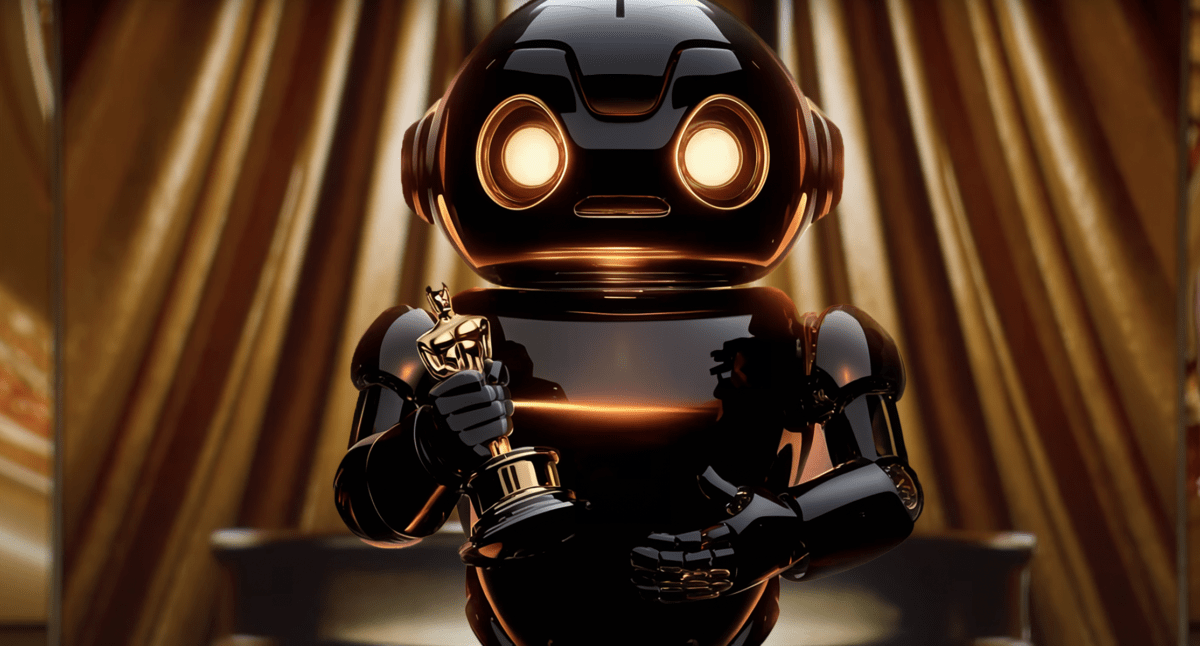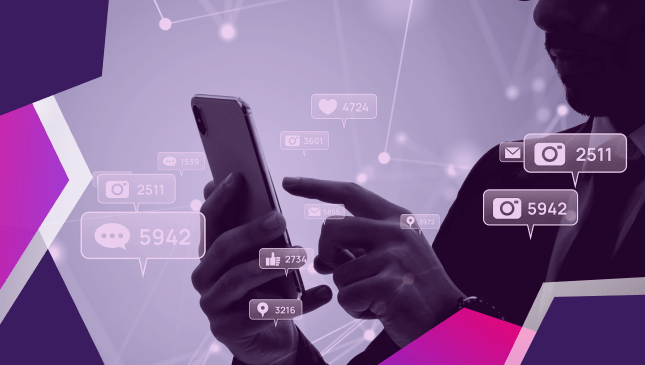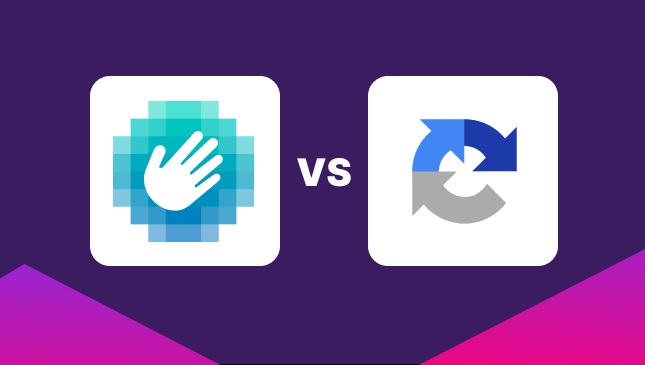How To Target Local Search Terms & Keywords
Oli Lynch
|Marketing | July 18, 2022

Ranking on page one of Google is key to the success of any business that operates online. Whether in the paid search results or organically, a higher ranking means more web traffic from potential customers.
In fact, stats show that the number one result in paid search sees more clicks than all the others (obviously, right?).
The top organic search result sees a CTR of between 25-33%. And even for paid results, the top spot attracts a CTR of around 18.9%, dropping to 8.8% for the second spot. (source)
Put simply, your search ranking matters. And this goes for double when you’re targeting local search results. This is precisely why many businesses and websites put a lot of effort and resources into finding the right keywords that will help rank them higher than their competition.
Who needs local search keywords?
You might think local keywords are only for smaller businesses that operate only in specific regions. However, ranking high for local search terms has benefits for multinationals, franchises, and other companies that operate branches in specific locales.
Think of it like this.
Do you have a physical location that relies on local footfall for its revenue?
Are you offering a service in a specific area while competing with local businesses?
Is your business offering a service in multiple specific regional areas, some of which have different languages or dialects?
Unless you’re offering an online-only service, you can probably answer yes to one or more of these questions. And, very simply, most businesses will need some form of local keywords or optimization for local search.
Using the example of a tourist attraction such as a tour bus company. Although you’re not targeting a local clientele, you are targeting people who are visiting a specific place or region.
Therefore your search terms are going to be very location specific for both your paid and organic search.
After all, if you’re targeting visitors to New York City for open-top bus tours, you don’t want your ad triggered for ‘New York bus services’ or ‘bus to New York.’ Both of these are most likely looking for information about local public transport.
And this highlights an important element of local search keywords…

Keywords vs. targeting
Yes, your business is targeting specific keywords in the search results. But actually, you’re looking at your ad targeting, specifically, how your geo-location targeting works with certain keywords.
Your keywords obviously need to answer your target demographics’ questions and queries. But your targeting needs to understand where these visitors are coming from.
For most local businesses, a complete profile in Google’s My Business listing will go a very long way to hitting those ‘near me’ searches.
If you run a local business and you don’t have a Google My Business (GMB) listing, you need to factor this in as a priority.
With a GMB listing, you’re more likely to show up for organic local and ‘near me’ searches, and you can run Google Ads too. Put simply, it’s a no-brainer if you want to appear in local searches, including on Google Maps.
As a locally based business targeting local customers, this is obviously going to be very useful.
But what about if you’re offering a service that people might not look for locally or if they might be looking for local service before they arrive?
Geotargeting for local search
Some businesses offer a local service that might not attract the attention of locals. Airport parking, tourism services, private transfers, and hotels are all good examples.
Going back to our NYC Open Top Bus Tour, it’s unlikely that a New York City resident will search for ‘Bus Tour NYC.’
But someone at home in rural Ohio, at work in the UK, or even sitting in the airport in Frankfurt, Germany, might be planning their long family weekend in The Big Apple.
Looking at the keyword stats, we see that most searches for ‘NY Bus Tour’ come from the USA, Canada, the UK, and Australia.
So how do you optimise the targeting in this case? After all, this is a business model that relies on a global area for a local search term.
Some solutions for this broad form of local keyword targeting are to:
- Identify where most of your external searches come from and target these areas specifically.
- Run broad geo-targeting campaigns, for example, at specific city/region/country level, but with a tightly controlled budget and timing. As an example, the NYC bus tours company might target residents in Dublin, Ireland, only between 6-10 pm local time (having researched the most likely time for locals to book their vacations).
- Monitor your paid search traffic campaigns for the locations with the best conversions, and adjust bids/targeting to these geos.
- Use retargeting for customers who have shown an interest in your business before or who have searched for related services in your area.
Although using the right local keywords is important, your targeting adds an extra level of impact.
And when it comes to finding keywords and identifying where to target your ads, it comes down to the next point…
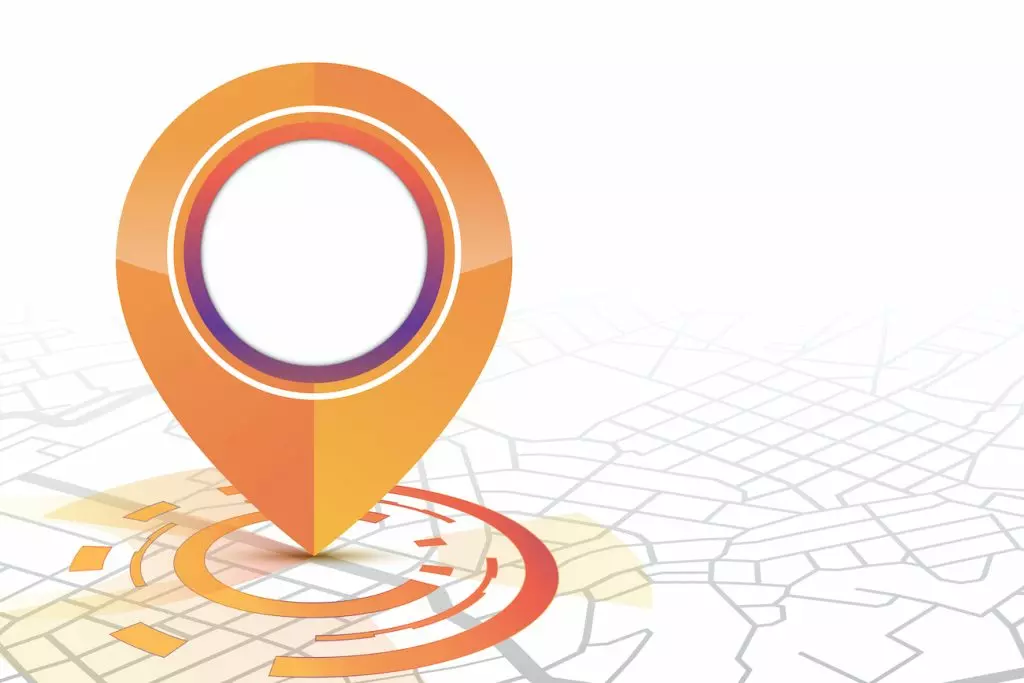
Understand your audience
Staying relevant requires you to understand your target audience and what they need. You can achieve this by asking yourself the when, why, what, and how questions.
- When do customers need your service?
- Why do they come to you instead of the competition…?
- What are they looking for? What is the problem they’re trying to solve?
- And how do they find you?
All the answers to these questions will inform how you use search-based language in your digital marketing. And whether it comes to optimising your website for organic search (SEO) or paid search (PPC), understanding customer intent will help you plan and focus on your marketing strategy.
SEO vs. PPC? What’s the difference? Discover here
When it comes to staying relevant, you’re trying to offer solutions for your local audience. And only you understand the problems of local customers, how they search, and the manner in which they use online products to find solutions.
Are they using Google Maps? Do they rely on social media such as Facebook? Are there unique local terms that people use for your products or services?
Understanding keyword research
Thorough keyword research is an essential element to understanding local demand for your service.
You’ll need a mixture of popular keywords (high volume) and likely long-tails (long search terms incorporating the main search terms, mostly low volume and low cost).
To have an idea of where to start, you can search your competition and your target search terms. You’ll see the keywords on the Google search suggestions, but you should also use keyword tools to research your local keywords.
You can insert your competition’s URL in the Google Keyword Planner Tool and see the most relevant keywords Google associates them with. After identifying your keywords, you can use the Google Keyword Planner to identify the search volumes and difficulties of the chosen keywords.
There are several other keyword research tools you can use. We’ve looked at keyword research tools in the past, and you might have your preferred package. If you don’t subscribe to a keyword research product yet, check out Ahrefs or SEMRush for the premium tier, or if you need a low-cost/free option, check out Ubersuggest.
Check out our guide to PPC research tools
You can also use some nice free keyword tools like Answer the Public, AlsoAsked, Screaming Frog, and Google Trends.
Keywords Everywhere is also a very affordable keyword tool (only $10) that integrates with some of the tools above and shows a lot of useful search metrics.
It’s strongly advised that you sign up for at least a trial of one of the keyword research tools to find your search volume and related search terms.
You should also ask yourself what you would search for if you were looking for the same service your website offers. Better still, if possible, ask existing customers what search terms they used to find you.
Using keyword modifiers
Most of the time, when web users search on Google, they tend to use modifiers to filter their search results. You can use this to your advantage and tailor your content to the local audience’s needs.
The modifiers entice web users to your page, leading to higher click-through rates. These modifiers are often value or quality signifiers, for example, best, cheapest, lowest, strongest, sale, review, or bargain.
These are, of course, just examples, but there are many variations to consider.
Take a look here at our list of power words for more keyword modifier inspiration.
Implement the keyword research into your website
After researching, analyzing, and identifying the keywords to use, you’ll need to integrate them into your website.
This applies to both your Google Ads copy and your on-site content, such as blogs or website copy. There is a fine art of not overdoing it and using natural language. After all, you need to write for humans, not search engines…!
But understanding how to insert your local keywords into your content cleverly is something that can help maximise your conversions.
Use the keywords in your title tag
The title tag is basically the title of your page that’s seen by the visitors on the search engine results. When used with your location, this improves your chances of ranking higher in local searches.
Use the keyword(s) in the H1 tag
You’ll need to be careful not to use the same keywords here as the ones on the title, or else the page risks being overly optimized. You can use this as an opportunity to use different keywords on the same page.
Organic content
If you’ve researched PPC keywords, you’ll probably have an assortment of popular search terms on assorted themes. You will want to use these keywords to build blog posts designed to attract organic content.
This way, the search engines are able to identify you with that particular niche and are more likely to bring up your website when a web user searches for similar content. This might also mean that your organic content shows alongside your paid content, giving you some nice front-page double exposure. This might also mean that a customer clicks on your organic content instead of your paid link, saving you a click.
Build your local brand
If you want to target a specific local audience, try to identify how your niche or industry interacts with the local economy.
Although this doesn’t relate directly to your search campaigns, it can help when people see your name in the search results. For example, if someone is searching for local accountancy services (obviously not a very glamorous industry), they might be swayed by a familiar name.
What this means is using a mixture of online ads and offline/out-of-home advertising. Billboards, local sponsorship, local press, partnerships, and other ways of increasing your real-world visibility are all solid ways to build your brand recognition and local trust.
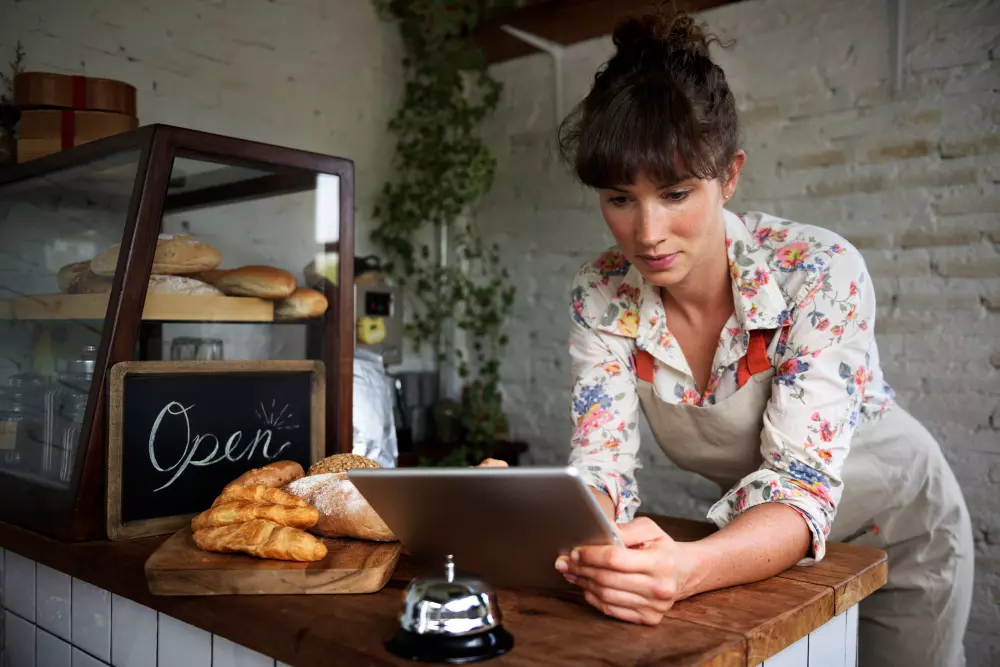
Optimise your ad targeting
Running PPC ad campaigns with local keywords takes a bit of extra care. This means monitoring your clicks and keeping an eye on your traffic data.
Even if you’re targeting specific locations, most Google Ads advertisers see traffic from out of geo and even high volumes of competitor click fraud. We looked at a case study from a CHEQ customer in Australia who experienced unusual click volume and uncovered a campaign by a competitor to deplete their ad spend.
Put simply, just because you’re targeting locals doesn’t mean you’re going to dodge bots and fake clicks.
Our tips for getting the best results from your local search terms are:
- Get granular with your local targeting. Use different campaigns to target specific areas at specific times, and make sure to exclude certain areas you don’t want to target.
- Never run ads 24/7. Instead, try and work out when is the most effective time to run your ads.
- Keep your keywords as targeted as possible, and avoid using broad, general, or high-volume search terms. If you do target broad search terms, limit your budget, be very targeted with your location, and keep an eye on the clicks and conversions.
- Monitor your paid search traffic and keep an eye out for unusual activity. Traffic surges, repetitive clicks, and high bounce rates can be indicative of bots or organised invalid traffic.
- Use CHEQ to block non-human clicks, such as bots, and monitor the performance of your campaigns. CHEQ Essentials also gives you a heads-up when a competitor bids on your keywords.
So there you have it. Local keywords are an important component of every digital marketing campaign, but care needs to be taken for the best results.
Whether you’re a small local business, a national franchise, or an agency running local ads for clients, local keywords can be your secret weapon.
Don’t run Google Ads without click fraud protection!
CHEQ Essentials is the industry-leading click fraud prevention software (as well as ad fraud) and offers unrivalled insights into your ad performance. Get a free trial and run your local keywords ad audit today.

